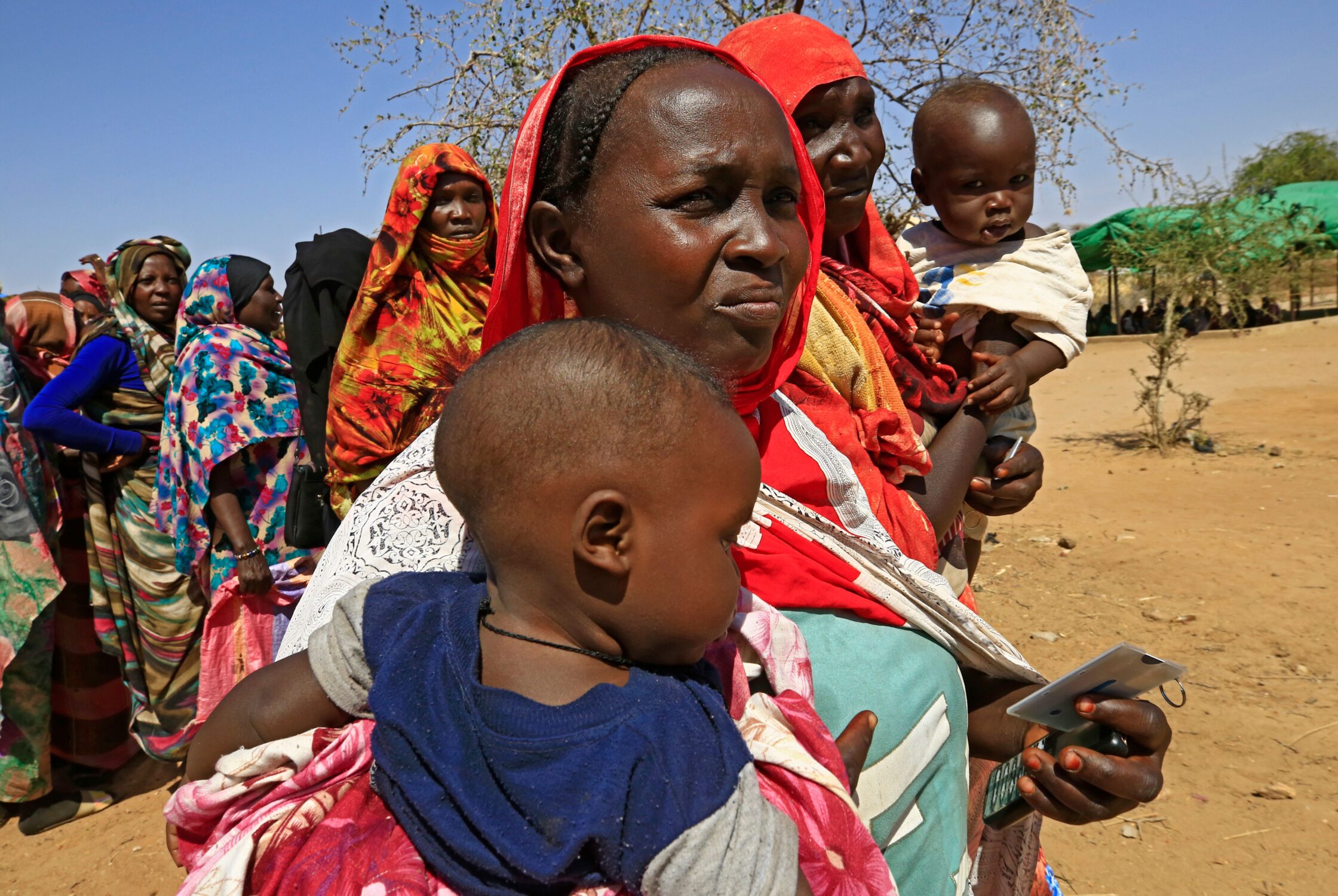It’s Time for the UN to Prioritize South Sudanese Women

The civil war that began in South Sudan ten years ago has technically been “over” since a peace agreement was signed in 2018. Yet it is far from “over” for the huge numbers of South Sudanese women and girls who are being viciously gang-raped at gunpoint, year after year with impunity. Indeed, 2022 saw the “most dehumanizing sexual violence in South Sudan” according to the UN Commission on Human Rights in South Sudan.
Against this backdrop of continuing sexual violence, the UN Security Council just voted to renew the mandate of the United Nations Mission in South Sudan (UNMISS), once again nominally prioritizing efforts to “deter, prevent, and respond to sexual and gender-based violence.” But for too long this priority has largely existed only on paper. The Council, especially the United States––the penholder on South Sudan––should insist that the mission implement its mandate by taking concrete action to combat violence against women and girls.
UNMISS was established in 2011, and warring parties in South Sudan signed a peace agreement in 2018. Despite their stated shared vision of a safe and prosperous country, sexual violence is widespread in South Sudan. Women and girls continue to report sustained gang-rapes by armed men and with foreign objects, abductions, sexual slavery, and disturbing accounts of sexual and physical violence against them while their family members are forced to witness. The beginning of 2022 saw a surge in conflict-related sexual violence with a 218 percent increase in reported cases. And the UN Commission on Human Rights in South Sudan’s recent report suggests that it has likely only gotten worse. Furthermore, the South Sudan Women Empowerment Network (SSWEN) noted that confidence in the police and military has simultaneously weakened because perpetrators often wear the uniforms of these government institutions.
These violations are not one-off occurrences. UN Commissioner Barney Afako said, “it’s not that sexual violence ebbs and flows––it’s going on all the time, largely unseen.” A study revealed that up to 65 percent of women report having experienced sexual violence, a rate double the global average.
To be sure, UNMISS faces a number of complex challenges complicating efforts to address sexual and gender-based violence. South Sudan faces climate change, humanitarian crises, and political uncertainty ahead of an election scheduled for 2024. According to the UN Office of Humanitarian Affairs, a staggering 9.4 million people—or 76 percent of the country—need humanitarian aid. Almost 150,000 South Sudanese who have returned from abroad remain displaced within the country, unable to reach their homes. Four consecutive years of flooding have left about two-thirds of South Sudan underwater. These humanitarian crises complicate efforts to reduce and respond to sexual violence, but they cannot overshadow them. There is no way to successfully tackle these challenges nor to implement the rest of the country’s peace agreement if women and girls are continuously attacked by armed men.
But there are several ways UNMISS can truly prioritize protection of women and girls. First, UNMISS must do a better job determining where there are threats to women and girls. They can do this by conducting more comprehensive needs assessments and by concentrating their efforts in areas where armed forces are located, such as cantonment sites. Second, UNMISS should request additional peacekeeping troops to adequately patrol these areas which are deemed to be “high-risk” for women and girls. Third, UNMISS has innovative programs to expand human rights training in the traditional courts. They should expand these training programs and invest in mobile courts which have seen some success in recent years.
Finally, one of UNMISS’ main functions is to “provide technical assistance and build capacities” within the government of South Sudan. The mission should do this by working with the government to more appropriately handle cases of gender-based violence. This includes increasing the number of Special Protection Units in police stations throughout the country and ensuring that survivors and witnesses are protected when they report cases of sexual violence.
UNMISS’ mandate renewal is essential. But the mission needs to re-evaluate how it does business. It must ensure that the protection of women and girls is a focus in action, not just in rhetoric. The government of South Sudan and UNMISS should both have an interest in a country that ensures the protection of all South Sudanese citizens. This will not be possible if sexual violence remains as rampant as it is today.
Devon Cone is the senior advocate for women and girls at Refugees International. She traveled to South Sudan in 2019 and wrote the report “Still in Danger: Women and Girls Face Sexual Violence in South Sudan Despite Peace Deal”.
Cover Photo: Displaced Sudanese women carry their children as they stand in queue as they wait for the arrival of the World Food Programme (WFP) aid in the Otash internally displaced people’s camp on the outskirts of Nyala town, the capital of South Darfur, on February 1, 2021. Photo by Ashraf Shazly/AFP via Getty Images.